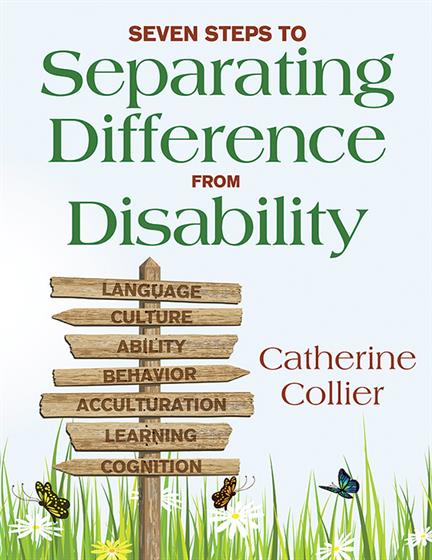
Hands-on, Practical Guidance for Educators
From math,
literacy, equity, multilingual learners, and SEL, to assessment, school counseling,
and education leadership, our books are research-based and authored by experts
on topics most relevant to what educators are facing today.
Bestseller!
Seven Steps to Separating Difference From Disability
Based on the RTI model, this comprehensive book provides seven steps to determining appropriate instruction, intervention, and services for culturally and linguistically diverse students.
Product Details
- Grade Level: PreK-12, Elementary, Secondary
- ISBN: 9781412971607
- Published By: Corwin
- Year: 2010
- Page Count: 176
- Publication date: October 22, 2010
Price: $39.95
For Instructors
When you select 'request review copy', you will be redirected to Sage Publishing (our parent site) to process your request.


